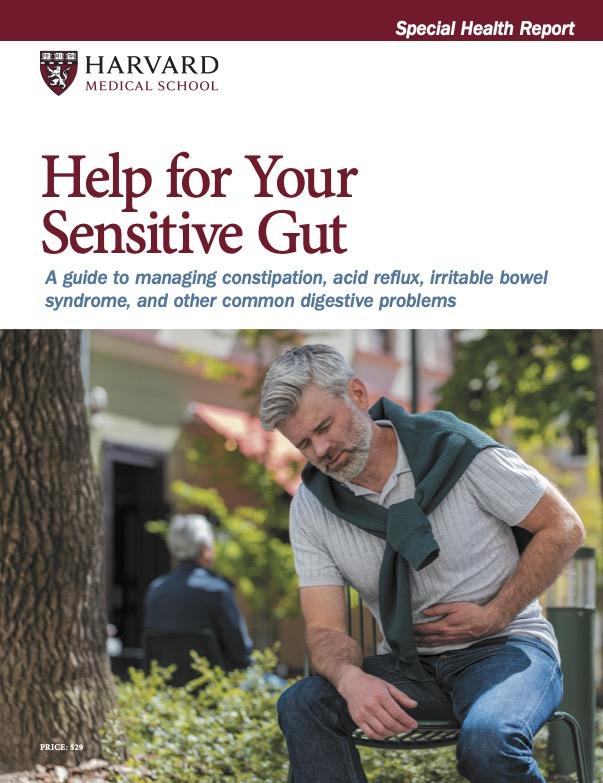Diagnosing reflux and GERD
Many people can manage heartburn through dietary changes and over-the-counter medications (see “Self-help for reflux”). But if your symptoms don’t respond to self-help techniques and interfere with sleep or daily life, see your doctor. If you have typical reflux symptoms that are mild and relatively infrequent—meaning less than two times a week—your doctor will usually skip diagnostic tests and recommend treatment (see “Medications,” page 6). If medications don’t help, they may order diagnostic testing. Your doctor will also be alert for other symptoms—such as frequent non-burning chest pain, bleeding into the gastrointestinal tract, dysphagia (difficulty in swallowing), hoarseness, or constant coughing and wheezing, which are typically associated with other problems, but may accompany GERD. When asthma strikes adult nonsmokers with no history of lung disease allergies, pH-monitoring studies sometimes suggest that GERD is a contributing factor. Experts now divide heartburn into four subtypes, depending on test results. Identifying the correct one helps ensure appropriate treatment:
- Erosive esophagitis. The lining of the esophagus is already inflamed and worn away in spots as a result of acid exposure (see “Esophagitis,” page 9).
- Non-erosive reflux disease. There is an abnormal amount of acid reflux, but no inflammation seen in the lining of the esophagus.
- Reflux hypersensitivity. Acid induces heartburn symptoms, but the amount of acid that is refluxed is normal.
- Functional heartburn. Heartburn occurs despite an absence of excessive acid reflux or increased sensitivity to acid (see “Do you have functional heartburn?” on page 5).













